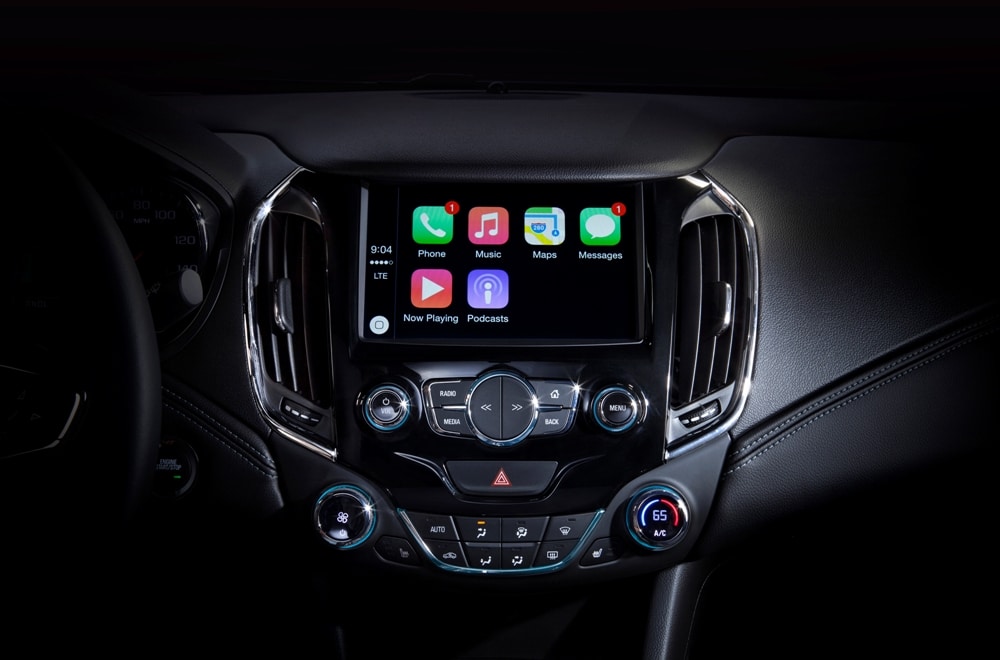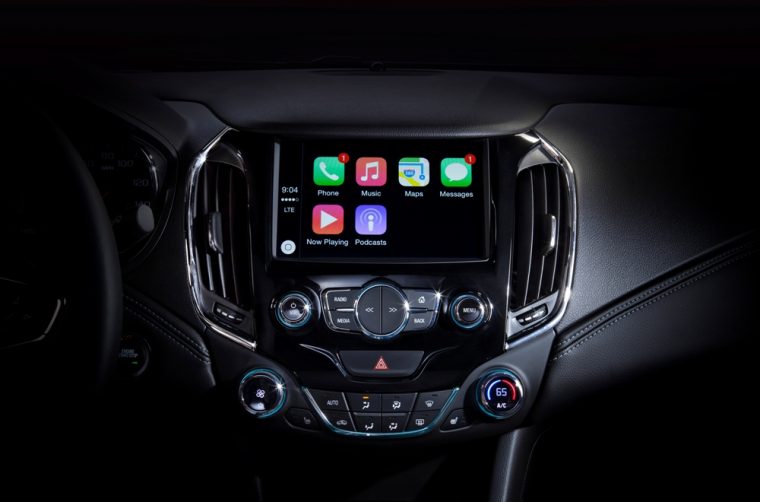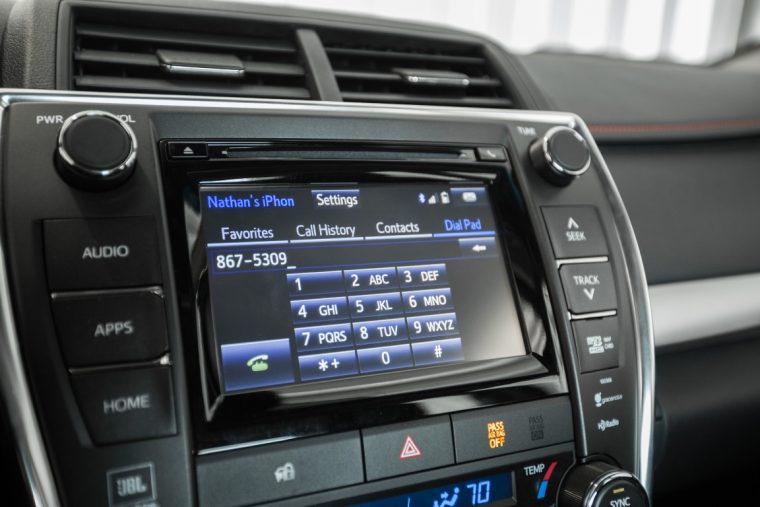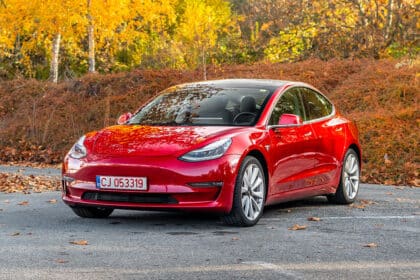Ever since Ford introduced SYNC at the start of 2007, just about every automaker on the face of the planet has followed suit by creating their own infotainment systems for their cars. These days, cars have to be able to do a bit of everything. Navigation and audio go without saying, but then there’s parking spot assistants, satellite radio, Bluetooth connectivity, voice recognition controls, customization options, and plenty more.
There is a problem with this, though. While auto manufacturers are good at building things that go around on wheels, they’re not expert computer software geeks—and time and time again, starting with Ford SYNC, we hear reports that most cars’ onboard infotainment systems, even in top-end luxury cars, are falling short of the mark. Sometimes, basic features are missing. Most of the time, they’re simply too slow, too clunky to use, too unintuitive to operate without getting frustrated, and occasionally even plagued by bugs.
In recent years, we’ve seen car scores drop in Consumer Reports’ reliability surveys primarily because of the unreliability of onboard infotainment systems. Some work better than others: Chrysler’s Uconnect and Hyundai’s Blue Link are both well received by drivers while Cadillac CUE and Toyota Entune are overdue for a redesign.
Part of the problem isn’t that automakers aren’t accomplished tech wizards but that technology advances far quicker than car development. Vehicles are only refreshed once per year and significantly reworked no more frequently than every four years. Meanwhile, an app on your phone might be updated several times in the same week.
That brings us to Apple CarPlay and Android Auto. As with infotainment systems, ever since CarPlay was first introduced as a fully-fledged feature—in late 2014 in a Ferrari and early 2015 in a Hyundai—there has been an explosive effort across the automotive industry to make every car compatible with the technology, and more recently with Android Auto as well. This is for a good reason, as Apple CarPlay and Android Auto are essentially bailing automakers out of developing proper infotainment systems.
Toyota Entune is “clunky compared to phone apps” according to an owner.
If you find yourself frustrated with BMW iDrive or Subaru StarLink but the car supports CarPlay or Android Auto, the issues you might have had before simply disappear—you only have to let the tech giants take care of the tech stuff and leave the car stuff to the car makers.
The reason this works so well is that it is universal. Just about everyone these days has an Apple or Android smartphone in their pocket, and because they use them everyday they tend to be quite well-acquainted with their features, quirks, apps, and so on. CarPlay and Android Auto make it possible for users to avoid having to learn or relearn how their cars’ onboard infotainment systems work each time they get a new one. Even the best-designed, most feature-rich, responsive system can’t compete with the sheer convenience that comes with being able to use your car’s computer like the one you have in your hand every day.
Automakers still need to develop their own infotainment, of course, as not everyone owns a compatible Apple or Android device (I still don’t own a smartphone myself) and even if they did, they’d still expect to be able to access certain features and functions in their car should their phone be unable to interface with it for one reason or another.
The following question begs to be asked, then: should automakers still do their best to develop advanced onboard infotainment systems that stand on their own, or should they redirect most of those efforts elsewhere, letting Google and Apple patch over the imperfections as they take over making user-friendly in-car technology?
Kurt Verlin was born in France and lives in the United States. Throughout his life he was always told French was the language of romance, but it was English he fell in love with. He likes cats, music, cars, 30 Rock, Formula 1, and pretending to be a race car driver in simulators; but most of all, he just likes to write about it all. See more articles by Kurt.










